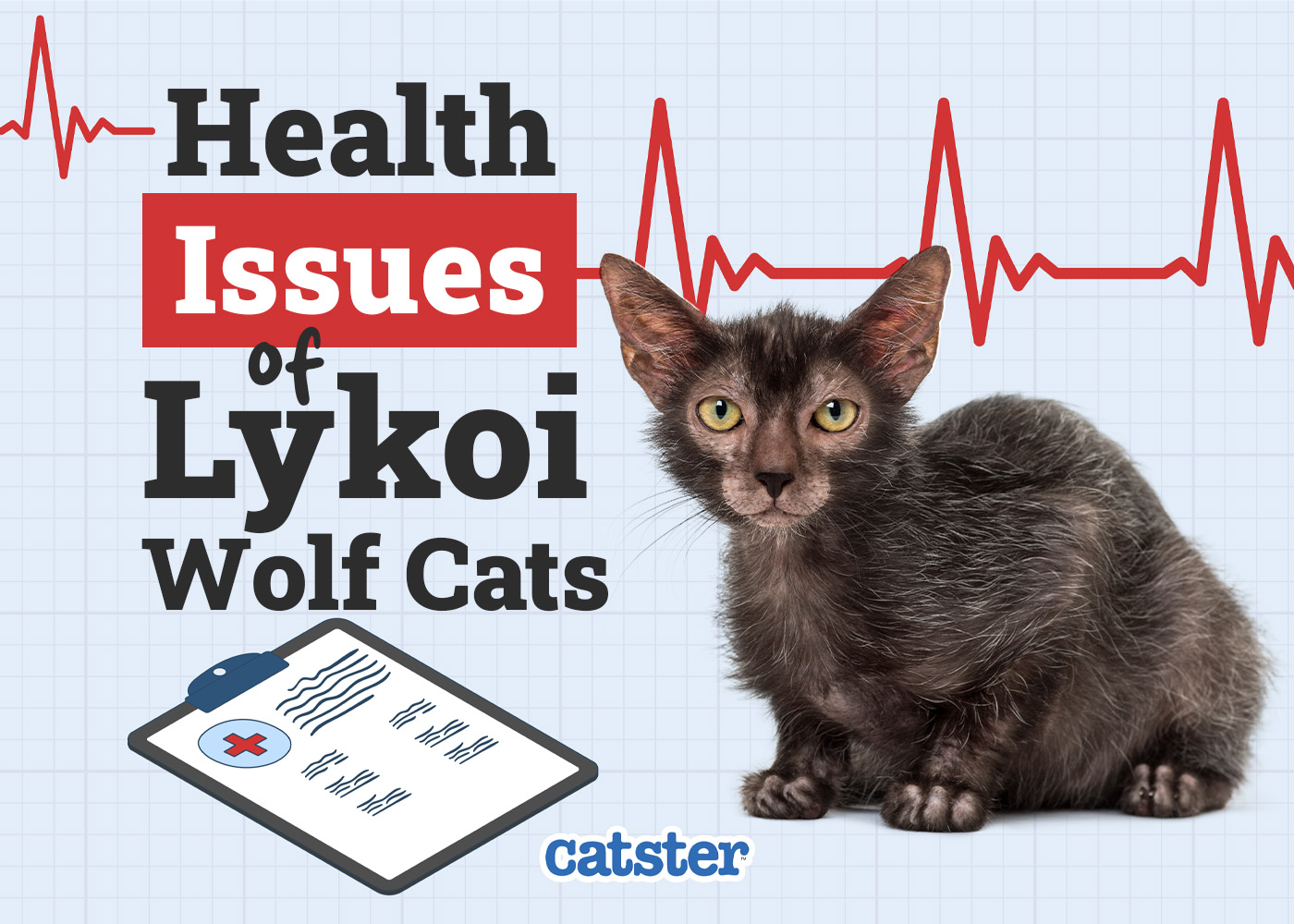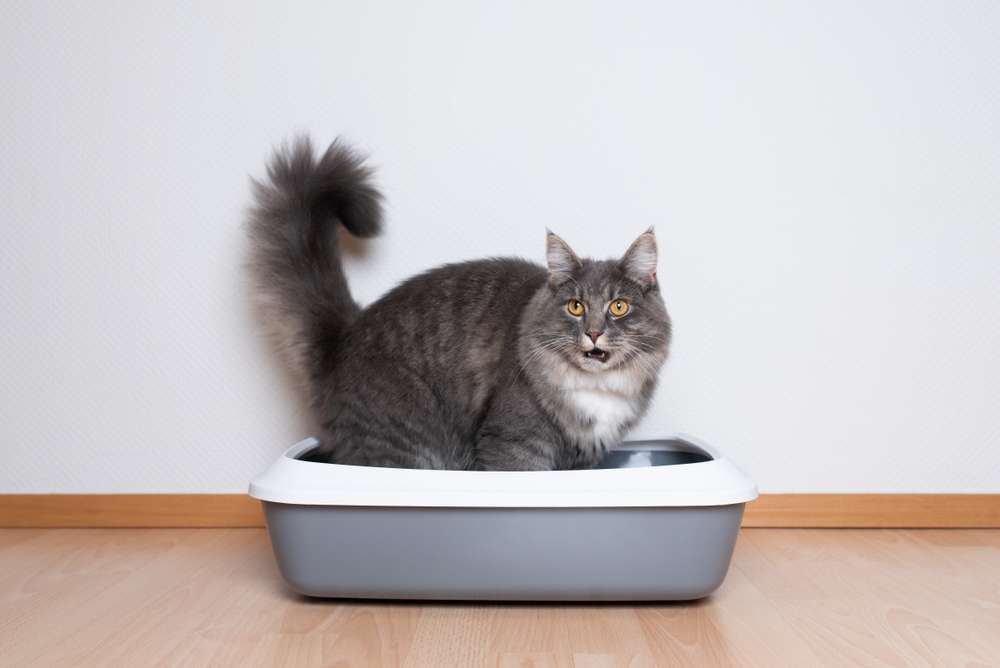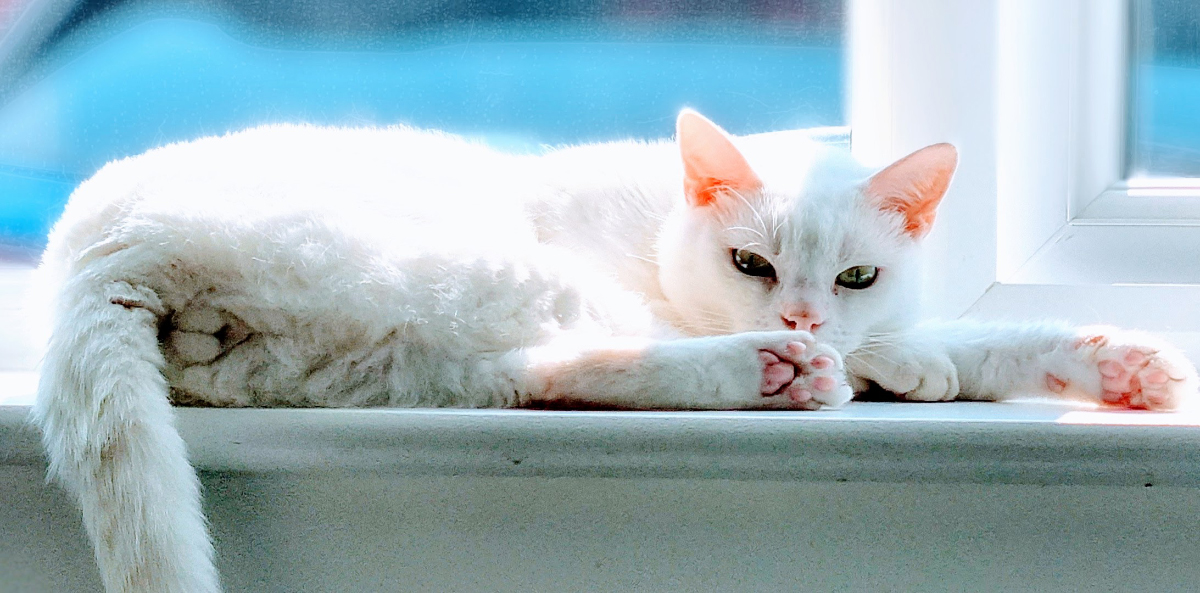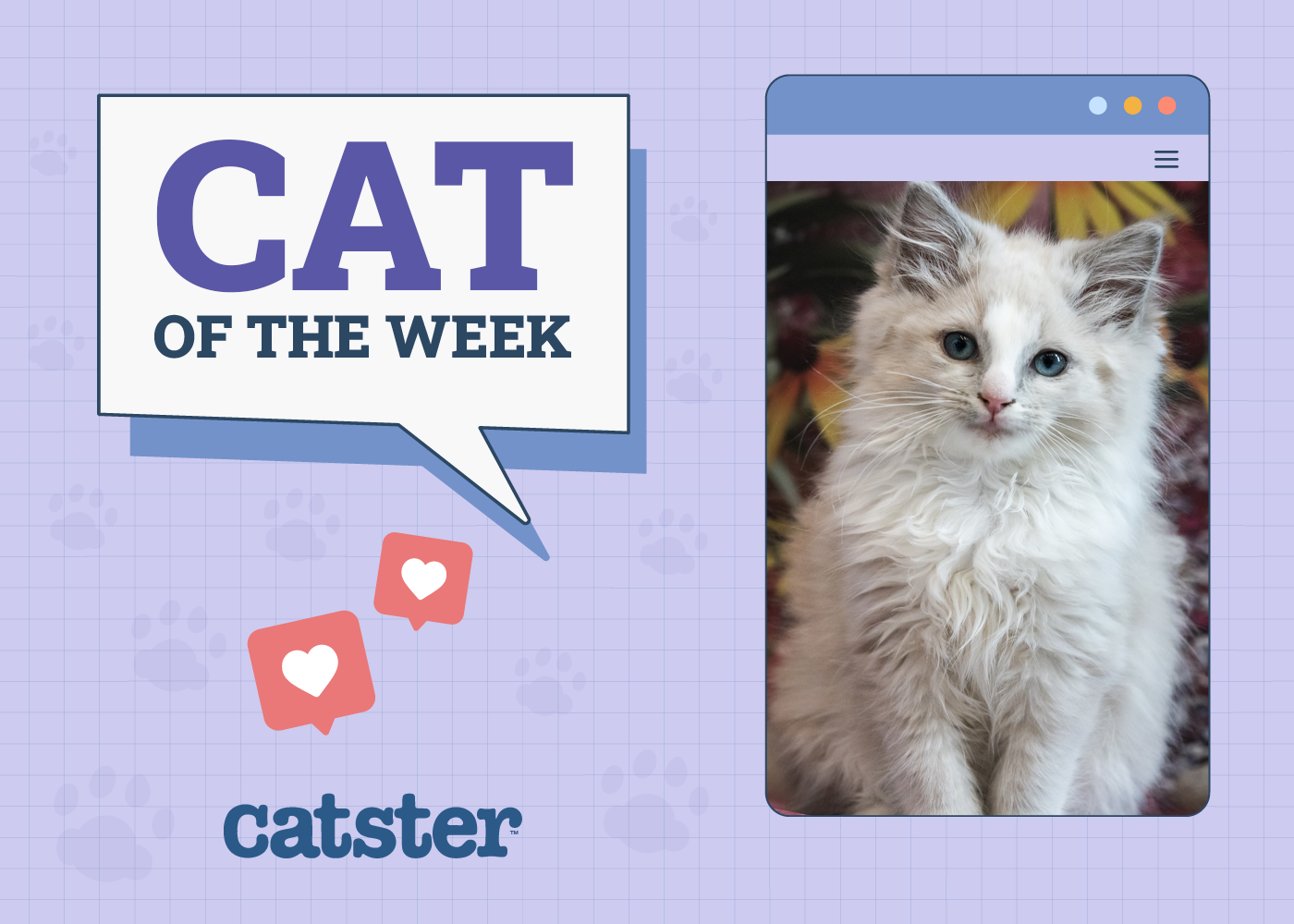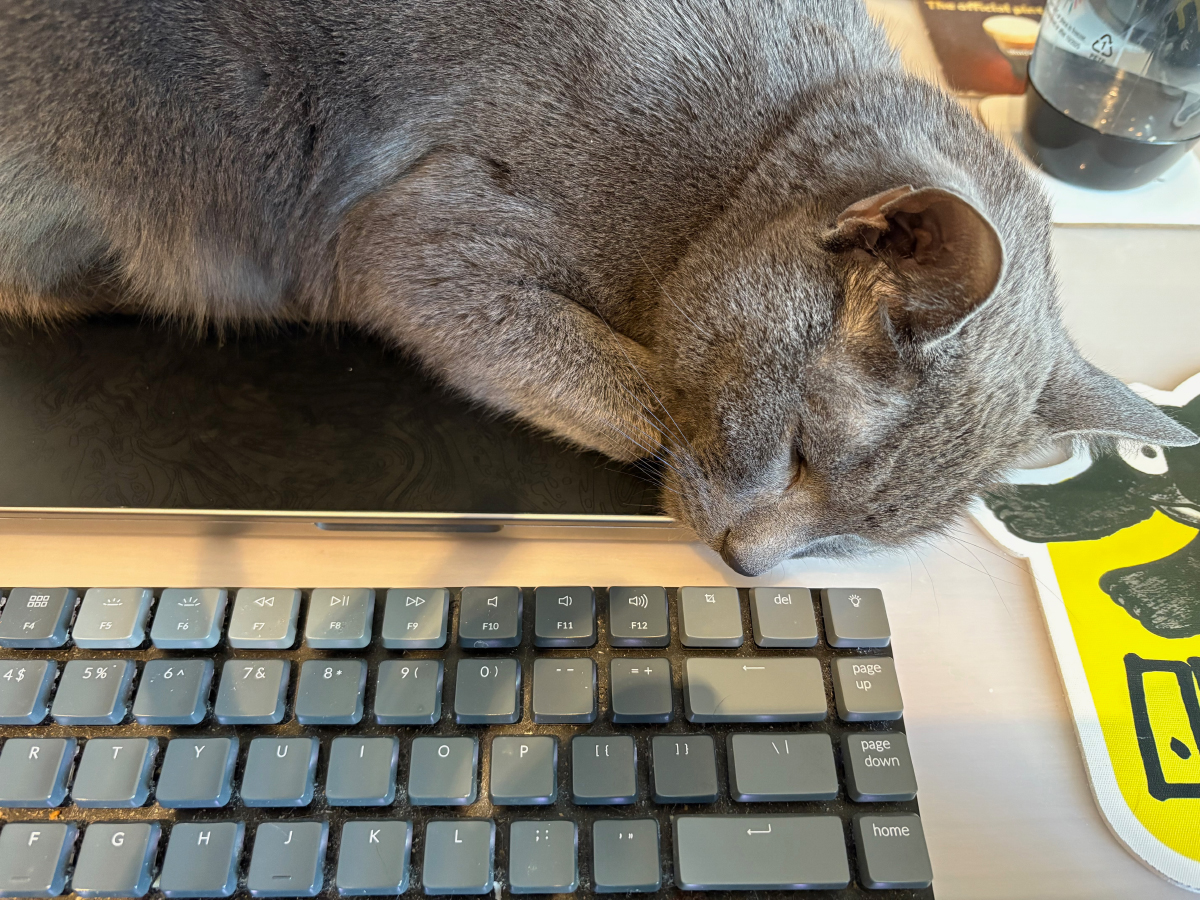Click to Skip Ahead
Lykoi cats are also known as wolf cats or werewolf cats. Since the breed’s development, they have become increasingly popular, but you may be wondering if they have any health issues. Are there some conditions we see more commonly in Lykoi cats than in other breeds? Read on to learn more about this fascinating cat.

The Lykoi (Wolf Cat) Breed
The Wolf Cat gets its name because its rather distinctive coat makes many people compare them to a werewolf. The cats have short hair in a roan pattern, where colored hairs are mixed with white hairs. The hairs of these cats are the results of selected mutations leading to hypotrichosis. The breed was developed around 2011, and the founding cats were examined extensively to ensure their health, from cardiac exams to dermatology consultations.
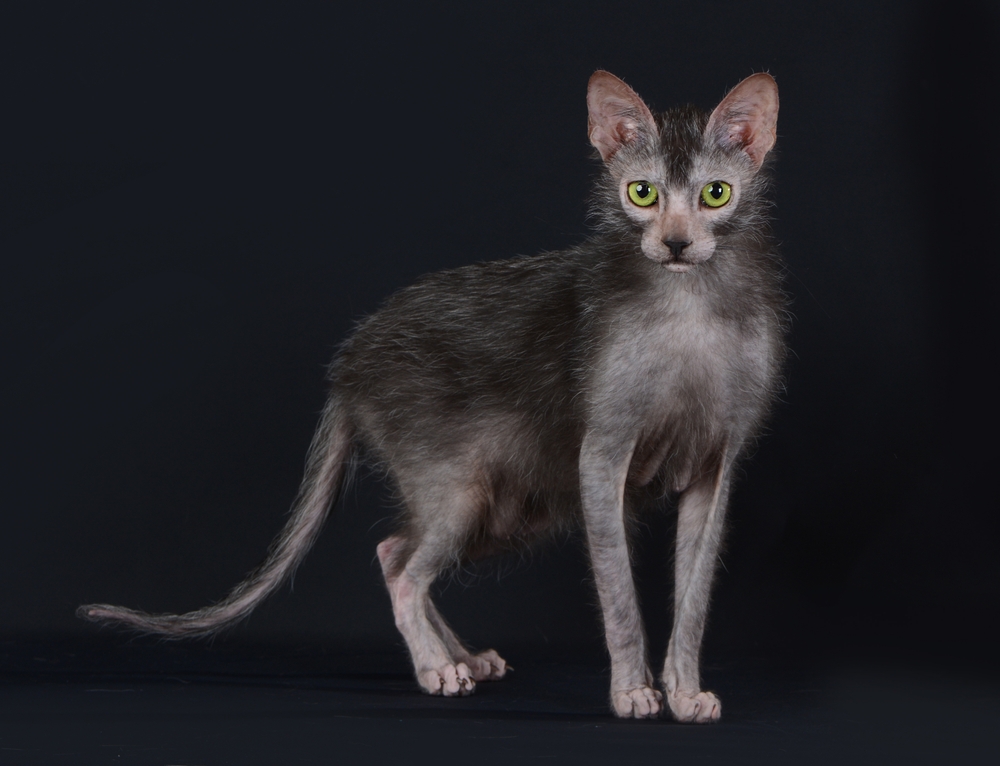
The 5 Common Health Issues With Lykoi Cats
1. Skin Infections and Allergies
Lykoi cats have a higher risk of developing skin infections and allergic responses. Allergens are more likely to make contact with the skin because these cats have less of a hair barrier on their skin than your standard domestic short-hair cat.
Many of these wolf cats have lymphocytic mural folliculitis, in which the cat’s body is more likely to produce an immune response around the hair follicles. The signs of this condition can include excessive hair loss, itching, scabbing, or crusted skin.
If your pet is showing these signs, we suggest you speak to a vet.
If you need to speak with a vet but can't get to one, head over to PangoVet. It's an online service where you can talk to a vet online and get the advice you need for your pet — all at an affordable price!
Treatment varies for this condition and could include:
- Antibiotics
- Anti-inflammatories
- Immunosuppressive medications like steroids
- Topical therapy like shampoos
- Fish oils
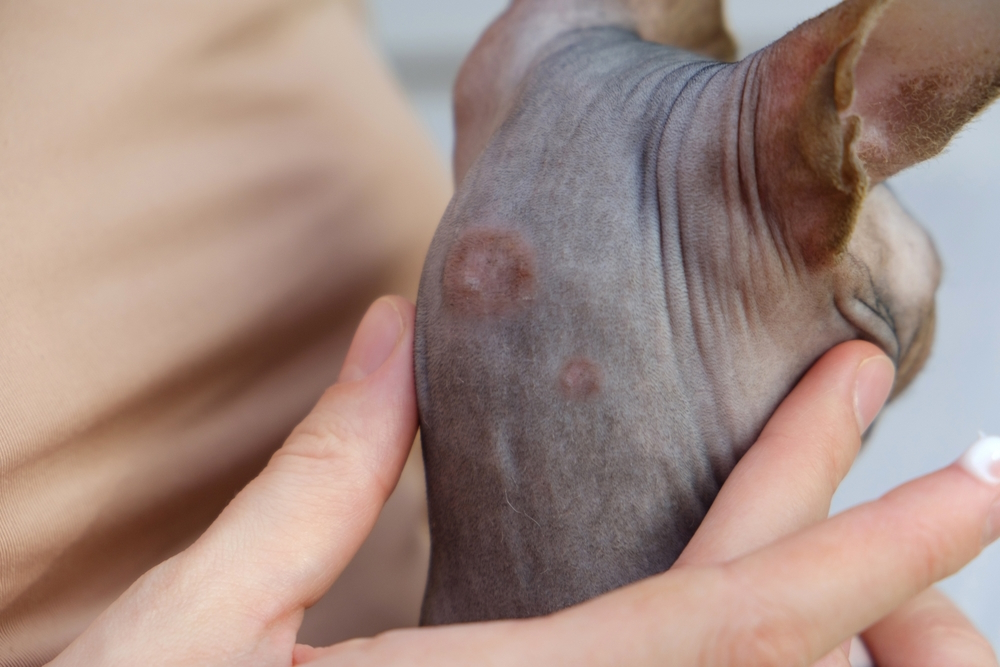
2. Sunburn
A healthy hair coat protects against the sun’s rays if your cat goes outside or spends significant amounts of time sitting in a sunny window. Without this covering coat, the Lykoi is at risk of getting sunburn. Sunburn can affect your cat in any place, but it typically affects the tips of the ears (pinnae), nose, and eyes. Sunburn also increases your cat’s risk for certain cancers, particularly squamous cell carcinoma.
The best way to protect your cat from sunburn is to avoid UV rays as much as possible. Some cats can be taught to wear shirts or hats.
3. Cancer
One of the more common skin cancers in cats is squamous cell carcinoma. It most commonly affects areas with thin or no hair, such as the ears and around the eyes. Exposure to the sun increases a cat’s risk of developing squamous cell carcinoma. Because of their thinner-haired body regions, Lykoi cats are at risk for developing this malignant cancer.
Lykoi cats are at risk for other cancers, as well, such as:
- Lymphoma
- Mast cell tumors
- Nasal tumors
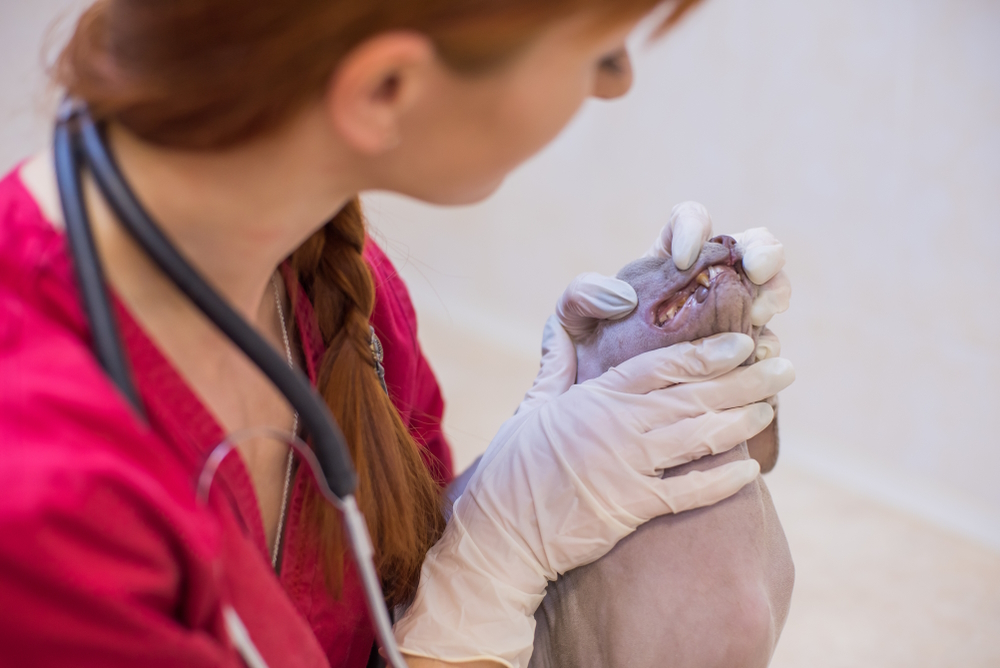
4. Osteoarthritis
During selective breeding for Lykoi cats, these cats developed achondroplastic dwarfism. This condition is also seen in other pets, such as munchkin cats and corgi dogs. The limbs are shorter and may have angular limb deformities. Cats and dogs affected by achondroplastic dwarfism often have arthritis. Arthritis can be exacerbated by other conditions, such as your cat being overweight. Treatments vary from pharmaceutical options like Solensia, a monthly injection, to less traditional therapies like acupuncture.
5. Hypothermia
Your cat’s coat helps provide insulation and temperature regulation. Like other hairless cats, such as Sphinx cats, Lykoi cats have trouble regulating their temperature. If your cat goes outside in cooler weather or stays in a cooler room, consider putting a shirt on your cat or providing plenty of blankets for supplemental warmth.
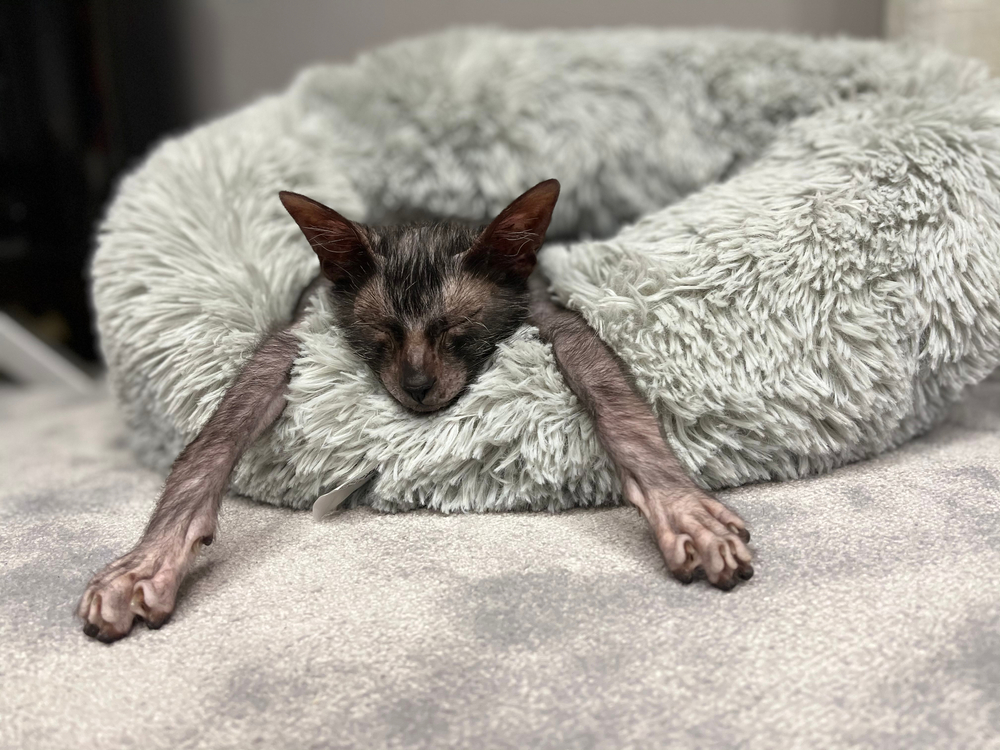

Frequently Asked Questions (FAQ)
Are Lykoi Cats healthier than other cats?
While Lykoi cats are at risk for developing several health conditions, and any cat can develop issues like diabetes or kidney failure, Lykoi cats appear to be reasonably healthy. This feature may be partly due to a phenomenon called hybrid vigor. The offspring are often healthier than the founding breeds due to genetic diversity, like other hybrid breeds.
What is the lifespan of a Lykoi Cat?
Lykoi cats or wolf cats live an average feline lifespan, although the breed has been around for less than 20 years, so more time will be needed to see if other issues develop in these critters.
Are Lykoi Cats considered high maintenance?
Lykoi cats do need special attention to their coat and skin. Even though they don’t have a lot of hair, what they do have should be brushed regularly, especially during periods when they shed more.
You’ll also want to check their skin regularly to see if they need to be bathed or moisturized.
Lykoi cats, like other felines, need plenty of physical and mental enrichment to minimize the chance of behavioral disorders from developing. Activity can also help keep them lean and less likely to develop health conditions like diabetes.
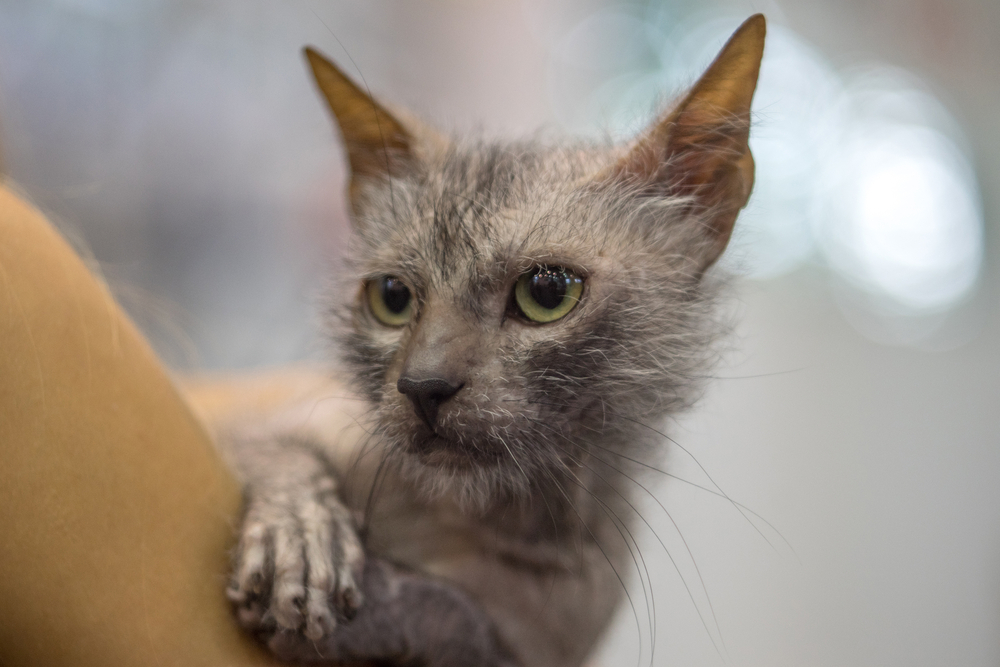

Conclusion
The werewolf cat is a fascinating and unique breed. They tend to be healthy, although they can develop skin-related problems like sunburn and squamous cell carcinoma. But having the information about potential health issues can help keep them healthy for a long time
Featured Image Credit: Jaroslaw Kurek, Shutterstock

